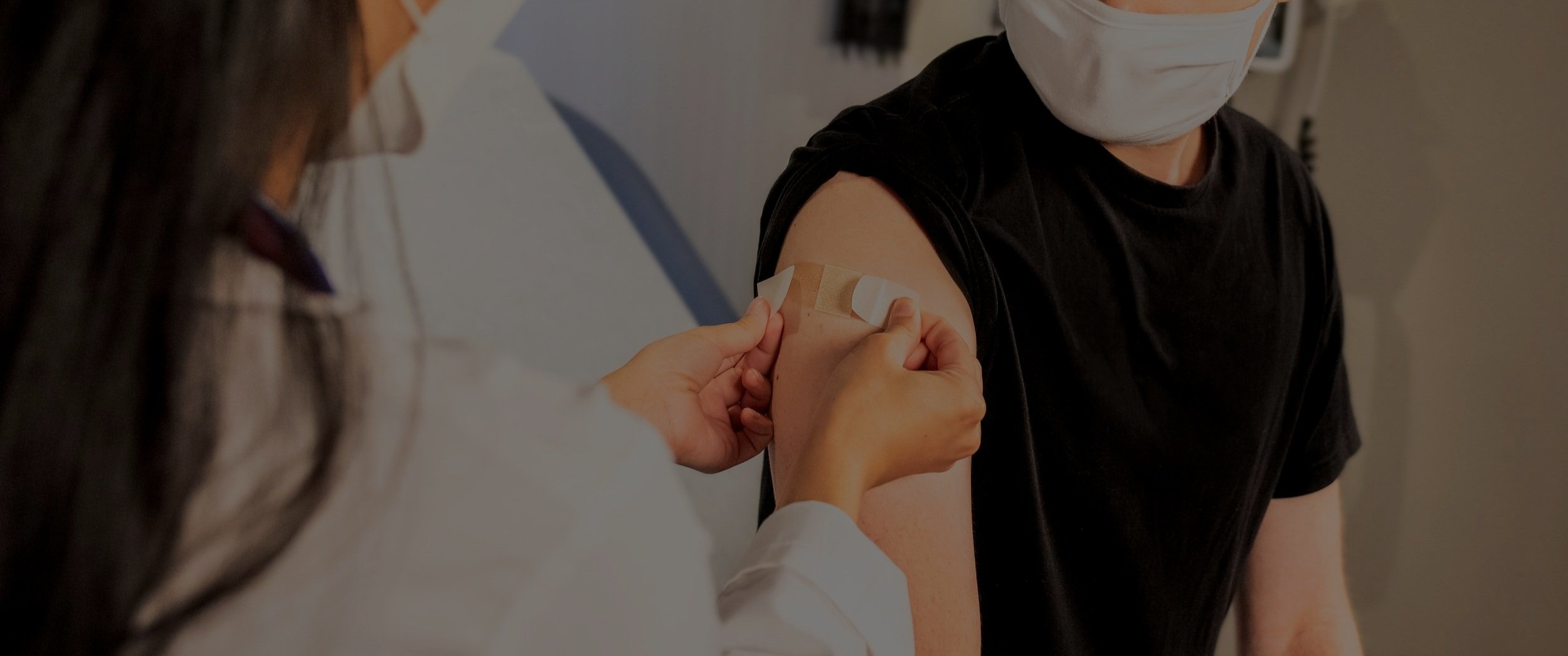
HPV Vaccine
HPV (Human Papillomavirus) is a common virus that can infect many parts of the human body. It is estimated that up to 75% of people will get infected with HPV sometime in their lives.
There are over 100 different strains of HPV, grouped into high-risk types (may cause cancer) and low-risk types (non-cancer causing). High-risk types are associated with cancer in the cervix, genital skin or anus. The most common high-risk types are HPV types 16 and 18. Low-risk types may cause no symptoms or lead to genital warts. HPV types 6 and 11 are responsible for about 90% of Genital Warts.
Around 40 HPV strains are known to infect genital skin, whereas other strains may infect the skin of the fingers, hands and face. HPV is very contagious and can be transmitted by direct contact with infected skin or mucosa. It is most commonly spread via sexual activity. It can also be transmitted by sharing contaminated sex toys, but cannot happen from sitting on toilet seats or touching common surfaces.
What are the signs and symptoms of HPV infection?
Not everyone who is infected with HPV will develop cancer or warts. In fact, the vast majority of people who get infected with HPV do not develop any symptoms at all, and may unknowingly transmit it to their sexual partners.
Can HPV infection be treated?
Unfortunately, there is no cure for HPV. We have to rely on our immune system to clear the virus. This happens in up to 90% of the infection cases, whereby the virus clears by itself over a course of 1 to 2 years. For the minority of people who are unable to do so, they may develop HPV-related cancers or genital warts.
HPV Vaccine
The good news is that you can vaccinate yourself against HPV. While it does not cover all strains of HPV, the vaccine helps to protect against the key ones that may lead to Cervical Cancer. There are presently 3 HPV vaccines available in the market with the latest one being Gardasil-9. It directly protects against 9 strains of HPV, of which 7 are high-risk and 2 are low-risk. As the majority of HPV-related cancers are caused by only a few strains, the vaccine reduces the risk of developing HPV-related cancers by over 90%.
Who is Suitable for HPV Vaccination?
The vaccine is indicated for use in both men and women. Boys and girls as young as 9 years of age can receive the vaccine. In the latest report by the US Food and Drug Administration (FDA), men and women up to the age of 45 years old can benefit from the HPV vaccine.
The vaccine is given as a course of 3 injections over 6 months. Younger patients below the age of 14 only require 2 injections. The benefits of HPV vaccination are maximised when given before one starts to become sexually active.
Protect yourself against HPV.
If you are considering getting the HPV vaccine and would like to speak to our doctor to discuss your suitability for it, please feel free to make an appointment today.
